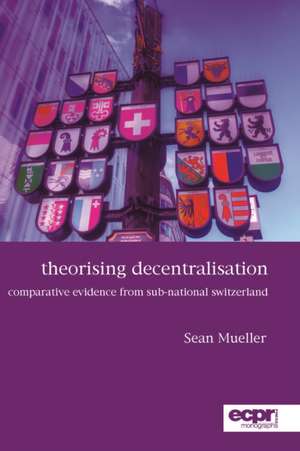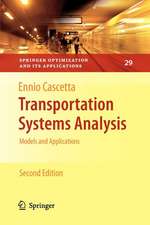Theorising Decentralisation
Autor Sean Muelleren Limba Engleză Paperback – iul 2015
Preț: 342.30 lei
Nou
Puncte Express: 513
Preț estimativ în valută:
65.51€ • 68.14$ • 54.08£
65.51€ • 68.14$ • 54.08£
Carte tipărită la comandă
Livrare economică 14-28 aprilie
Preluare comenzi: 021 569.72.76
Specificații
ISBN-13: 9781785521294
ISBN-10: 1785521292
Pagini: 306
Dimensiuni: 156 x 234 x 16 mm
Greutate: 0.43 kg
Editura: Rowman & Littlefield International
ISBN-10: 1785521292
Pagini: 306
Dimensiuni: 156 x 234 x 16 mm
Greutate: 0.43 kg
Editura: Rowman & Littlefield International
Notă biografică
By Sean Mueller



















